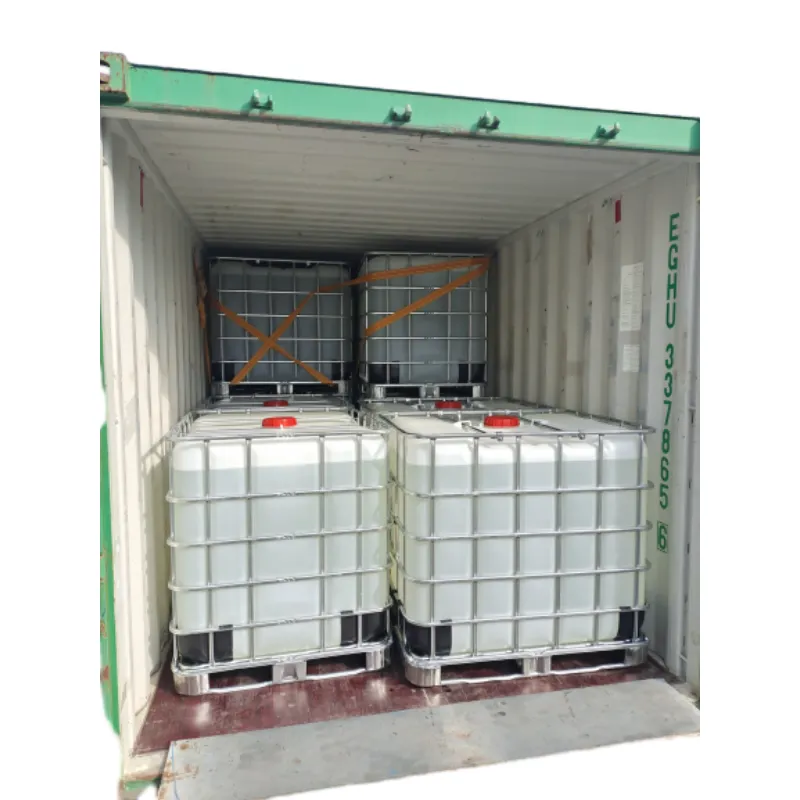
trichloroisocyanuric
Trichloroisocyanuric Acid A Comprehensive Overview
Trichloroisocyanuric acid, commonly known as TCCA, is a white, crystalline compound with the chemical formula C3Cl3N3O3. This compound plays a crucial role in various industrial and commercial applications, particularly in water treatment and disinfection processes. Its effectiveness as a chlorine donor makes it a popular choice for pool sanitation, wastewater treatment, and in some formulations of household cleaning products. In this article, we will explore the properties, applications, benefits, and safety concerns associated with TCCA.
Chemical Properties
TCCA belongs to a class of compounds known as chlorinated isocyanurates. It is stable under normal conditions, but it can release chlorine when dissolved in water, making it an excellent disinfectant. The compound has a high chlorine content, typically around 90%, which contributes to its efficacy as a biocide. TCCA is relatively stable in dry forms and can be stored safely when kept away from heat and moisture.
Upon dissolution in water, TCCA hydrolyzes to form hypochlorous acid and cyanuric acid, contributing to its disinfection properties. This process makes it particularly effective in environments where traditional chlorine methods may be less efficient or require frequent reapplication.
Applications
1. Water Treatment One of the primary uses of TCCA is in swimming pools and spas. It helps maintain sanitary conditions by effectively killing harmful bacteria, viruses, and algae. Compared to other chlorine products, TCCA has a longer residual effect, which means it continues to provide disinfection even after the initial dosage. This property is highly valued, especially in areas with high bather loads or fluctuating environmental conditions.
2. Wastewater Treatment TCCA is also used in the treatment of industrial and municipal wastewater. The chlorine released during its dissolution can neutralize pathogens and organic contaminants, making the water suitable for release into the environment or further processing.
3. Agriculture In agriculture, TCCA is used to disinfect irrigation water and prevent the spread of waterborne pathogens that can affect plant health. Its application can enhance crop yields and ensure food safety by reducing the incidence of diseases transmitted through contaminated water.
trichloroisocyanuric

4. Household Cleaning Products Some household cleaning agents incorporate TCCA for its bleaching and disinfecting properties. It can be found in products aimed at sanitizing surfaces and fabrics, especially in environments that require high levels of hygiene.
Benefits
The use of TCCA offers several advantages
- Efficiency TCCA provides a strong and persistent chlorine residual, ensuring that sanitation levels are maintained over time, which is especially important in public facilities. - Versatility Its effectiveness spans across various applications, including residential pools, industrial wastewater treatment, and agricultural practices, making it a multifunctional chemical. - Stability TCCA’s stable nature allows for safer storage and transportation compared to other chlorine products, minimizing risks associated with handling hazardous materials.
Safety and Environmental Concerns
Despite its many benefits, safety considerations are crucial when using TCCA. The compound is classified as a toxic substance, and exposure to concentrated forms can cause irritation to the skin, eyes, and respiratory system. Therefore, it is essential for users to wear appropriate personal protective equipment (PPE) when handling TCCA.
Moreover, the environmental impact of TCCA cannot be overlooked. While it breaks down into less harmful substances, improper disposal or excessive use can lead to elevated chlorine levels in water bodies, potentially harming aquatic life. Thus, regulatory guidelines must be followed closely to mitigate these risks.
Conclusion
Trichloroisocyanuric acid is a powerful and effective chemical for water disinfection and sanitation purposes, often favored for its chlorine stability and long-lasting effects. While it offers significant benefits across various sectors, responsible handling and adherence to safety protocols are paramount to ensure that its use remains safe for both humans and the environment. Understanding the properties, applications, and potential risks associated with TCCA is essential for maximizing its benefits while minimizing negative impacts. As industries and consumers strive for cleaner and safer environments, TCCA's role in modern sanitation will likely continue to evolve and expand.
-
nitrile-rubber-honoring-strict-production-standardsNewsAug.22,2025
-
aspartame-ingredients-honoring-food-safety-valuesNewsAug.22,2025
-
fertilizer-for-balanced-plant-nutritionNewsAug.22,2025
-
cyanide-gold-processing-with-high-purity-additivesNewsAug.22,2025
-
formic-acid-in-textile-dyeing-applicationsNewsAug.22,2025
-
aluminum-hydroxide-gel-in-skincare-productsNewsAug.22,2025
-
Regulatory Compliance for Global Mining Chemicals UseNewsAug.12,2025
Hebei Tenger Chemical Technology Co., Ltd. focuses on the chemical industry and is committed to the export service of chemical raw materials.
-

view more DiethanolisopropanolamineIn the ever-growing field of chemical solutions, diethanolisopropanolamine (DEIPA) stands out as a versatile and important compound. Due to its unique chemical structure and properties, DEIPA is of interest to various industries including construction, personal care, and agriculture. -

view more TriisopropanolamineTriisopropanolamine (TIPA) alkanol amine substance, is a kind of alcohol amine compound with amino and alcohol hydroxyl, and because of its molecules contains both amino and hydroxyl. -

view more Tetramethyl Thiuram DisulfideTetramethyl thiuram disulfide, also known as TMTD, is a white to light-yellow powder with a distinct sulfur-like odor. It is soluble in organic solvents such as benzene, acetone, and ethyl acetate, making it highly versatile for use in different formulations. TMTD is known for its excellent vulcanization acceleration properties, which makes it a key ingredient in the production of rubber products. Additionally, it acts as an effective fungicide and bactericide, making it valuable in agricultural applications. Its high purity and stability ensure consistent performance, making it a preferred choice for manufacturers across various industries.





